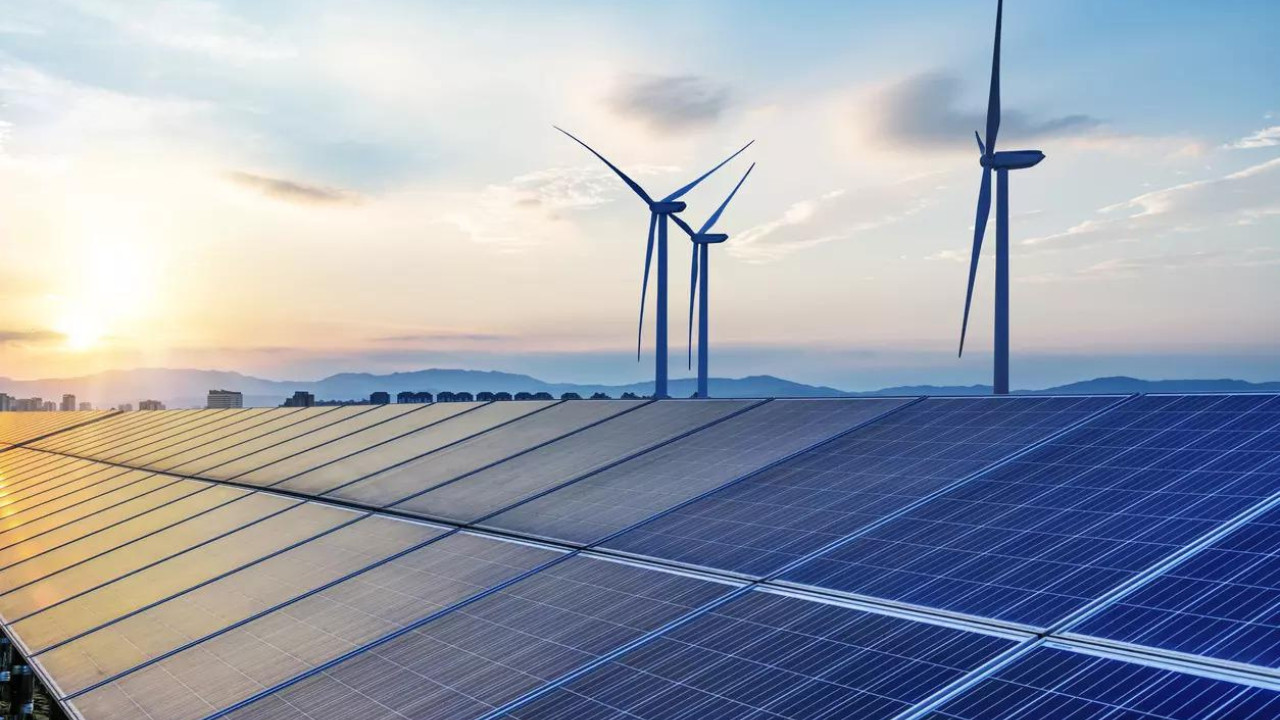Tata Power will acquire a 40% stake in Bhutan’s 1,125 MW Dorjilung Hydroelectric Power Project for approximately Rs 1,572 crore. This significant public-private partnership, set to be Bhutan’s second-largest hydropower project, will supply 80% of its clean energy to India. The project, scheduled for commissioning in September 2031, aims to bolster both domestic energy needs and cross-border clean energy flows.
Powering Up: Tata’s Big Move in Bhutan’s Hydropower Arena
The future of energy is looking brighter, and Tata Power is betting big on hydropower. In a move that could reshape the energy landscape in the region, the Indian giant is poised to acquire a significant 40% stake in a Bhutan-based special purpose vehicle (SPV) dedicated to developing a major hydropower project. This isn’t just another investment; it’s a strategic play aimed at bolstering India’s energy security and promoting cleaner energy sources. But what makes this deal so noteworthy?
The project itself centers around a substantial hydropower facility nestled in the heart of Bhutan. The exact details of the project’s capacity are still under wraps, but the implications are clear: this is a project with significant potential. Beyond the raw power generation, the deal is structured to send a whopping 80% of the electricity generated directly to India. This cross-border energy transfer is more than just a business transaction; it’s an investment in regional cooperation and shared prosperity. Think of it as an energy bridge, connecting Bhutan’s natural resources with India’s growing energy demands.
This move underscores Tata Power’s commitment to sustainable energy solutions. Hydropower, as a renewable resource, offers a clean alternative to traditional fossil fuels, contributing to a greener future and helping to combat climate change. For Tata Power, this investment aligns perfectly with their long-term goals of increasing their renewable energy portfolio.
Why Bhutan? Exploring the Appeal of Hydropower Investments
Bhutan, often referred to as the “Land of the Thunder Dragon,” isn’t just stunningly beautiful; it’s also a hydropower powerhouse. The country’s mountainous terrain and abundant rivers make it an ideal location for developing hydropower projects. The Bhutanese government has actively promoted hydropower development as a key economic driver, fostering a stable and supportive environment for foreign investment.

Furthermore, Bhutan’s strategic location makes it a natural partner for India in the energy sector. The geographical proximity and existing infrastructure facilitate the seamless transfer of electricity across borders, making these ventures practical and profitable for all parties involved. This synergy is why you see companies like Tata Power eagerly seeking opportunities within Bhutan’s growing energy sector. Looking at previous partnerships and projects within Bhutan, this expansion seems like a natural progression for all parties involved.
India’s Thirst for Power: The Role of Renewable Energy
India’s energy demand is surging, fueled by rapid economic growth and increasing urbanization. To meet this demand sustainably, the country is actively promoting renewable energy sources. The acquisition of a stake in the Bhutan hydropower project is a significant step in this direction, helping India diversify its energy mix and reduce its reliance on fossil fuels.
This project isn’t just about megawatts and gigawatts; it’s about creating a more resilient and sustainable energy future for India. By securing access to a reliable source of clean energy, India can reduce its carbon footprint and mitigate the impacts of climate change. And speaking of mitigating climate change, check out our article on other innovative green energy solutions being developed around the globe.
What This Means for the Future of Energy
Tata Power’s investment in the Bhutan hydropower project is a win-win situation. Bhutan benefits from increased foreign investment and economic growth, while India gains access to a clean and reliable source of energy. This collaboration also strengthens regional ties and promotes sustainable development.
The deal sends a strong signal that renewable energy is the future, and that cross-border partnerships are essential for achieving energy security and environmental sustainability. As the world transitions to a cleaner energy future, expect to see more such collaborations emerge, leveraging the unique resources and capabilities of different nations to create a more sustainable and prosperous world for all. This move by Tata Power is a prime example of how strategic investment and international cooperation can pave the way for a brighter, greener future.
URL Slug: tata-power-bhutan-hydropower
*
Conclusion:
Tata Power’s strategic acquisition in Bhutan’s hydropower sector signifies a powerful shift towards renewable energy reliance for India. By securing a substantial stake in this cross-border project, they’re not only addressing India’s growing energy needs but also championing sustainable practices and fostering regional collaboration. This venture is a testament to the increasing importance of hydropower and international partnerships in creating a cleaner, more energy-secure future.







